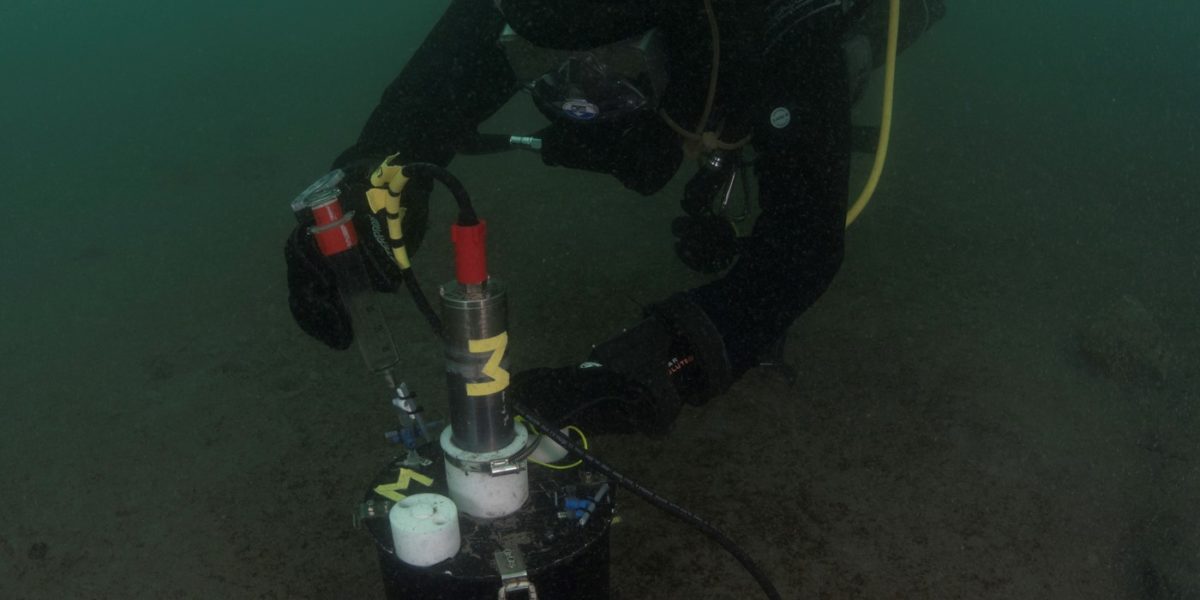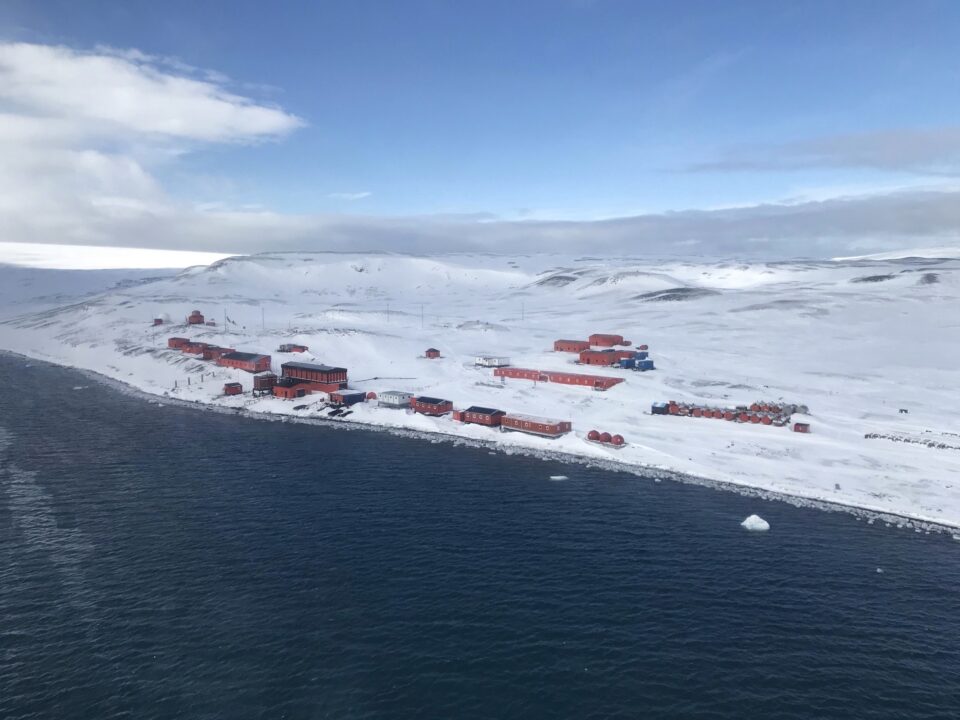by Ulrike Braeckman, Francesca Pasotti, Ralf Hoffmann, Susana Vázquez, Angela Wulff, Irene R. Schloss, Ulrike Falk, Dolores Deregibus, Nene Lefaible, Anders Torstensson, Adil Al-Handal, Frank Wenzhöfer & Ann Vanreusel
Several CoastCarb colleagues were involved in a two-year study on the effects of glacial melt on benthic metabolism of Potter Cove, one of the core research areas of CoastCarb. They demonstrated with a series of in situ community metabolism measurements that climate-related glacial melt disturbance shifts benthic communities from net autotrophy to heterotrophy. With little glacial melt disturbance (during cold El Niño spring 2015), clear waters enabled high benthic microalgal production, resulting in net autotrophic benthic communities. In contrast, water column turbidity caused by increased glacial melt run-off (summer 2015 and warm La Niña spring 2016) limited benthic microalgal production and turned the benthic communities net heterotrophic. Ongoing accelerations in glacial melt and run-off may steer shallow Antarctic seafloor ecosystems towards net heterotrophy, altering the metabolic balance of benthic communities and potentially impacting the carbon balance and food webs at the Antarctic seafloor.
This work is an important step towards one of CoastCarb’s prime aims, the estimation of carbon budgets for coastal Antarctic ecosystems.
Get the full article: https://doi.org/10.1038/s42003-021-01673-6
The research is also featured as a ‘Behind the paper’ blog post in the Nature Sustainability Community: https://sustainabilitycommunity.springernature.com/posts/glacial-melt-shifts-benthic-metabolism-of-an-antarctic-fjord?badge_id=comms-biology




